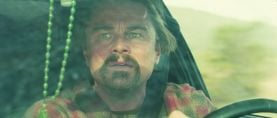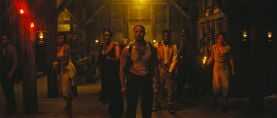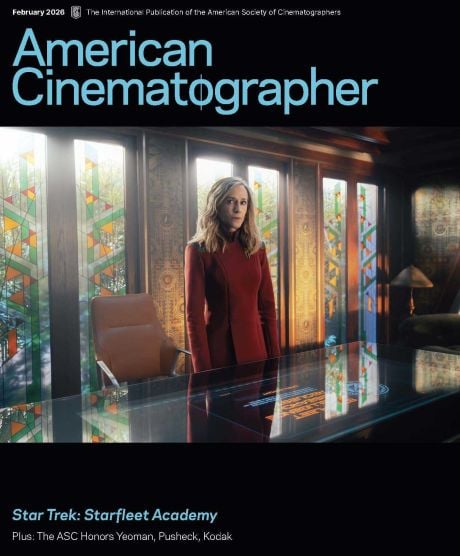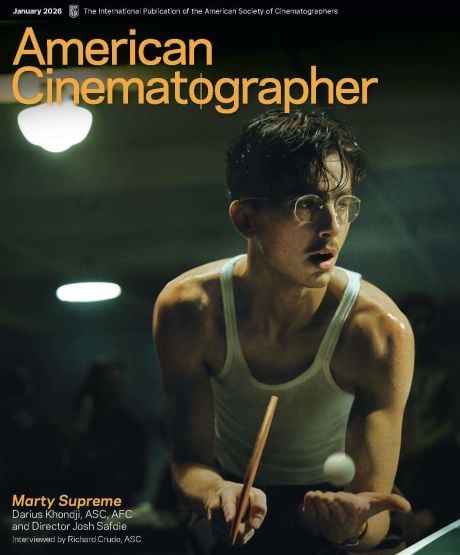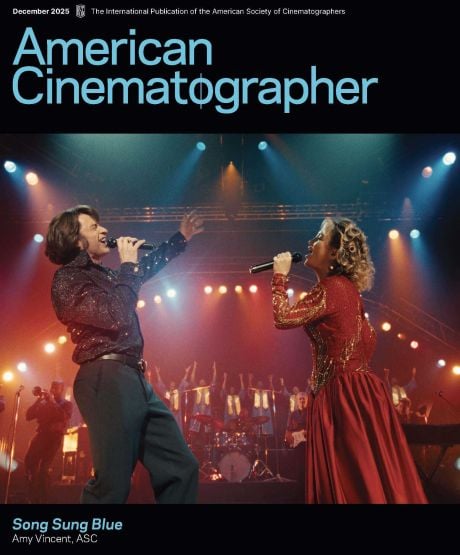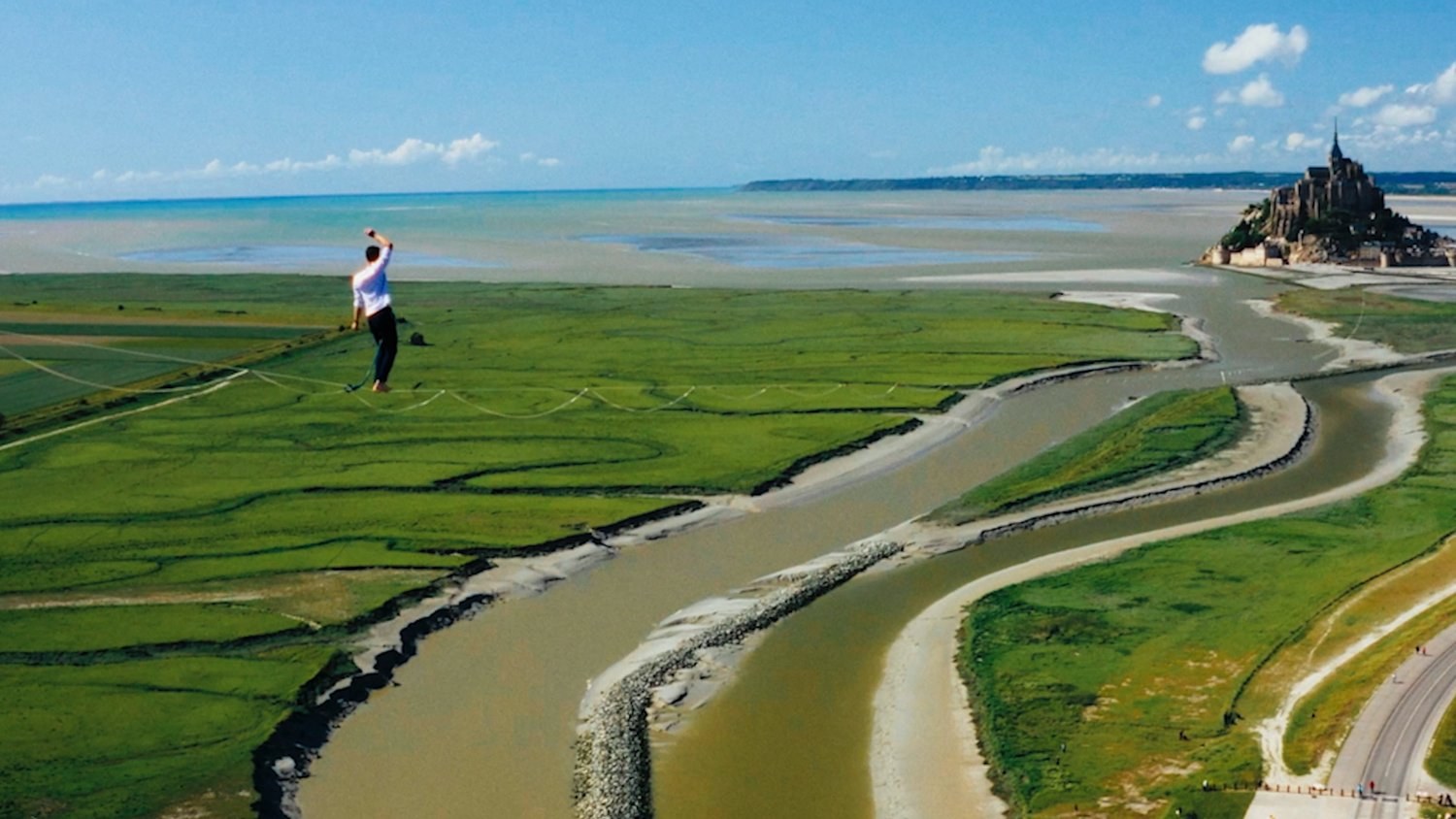
A Balancing Act: Solo Production Offers Creative Freedom and Challenges
Filmmaker Matthew Cheung discusses the making of his ASC Student Heritage Award-winning documentary.
It was Mathew Cheung’s first night with his host family in Bonn, Germany, and he was looking for a documentary subject. He was taking part in Loyola Marymount University’s (LMU) semester-long International Documentary Program, for which a group of third-year undergraduate students were sent to Bonn with the task of making a short-from doc. “I’m big into rock climbing and slacklining a bit, so I told my host family about these interests,” Cheung recounts. “And they pulled out a video on their phone of a guy slacklining from the Eiffel Tower.”
The subject was Nathan Paulin, the internationally known French tightrope-walker, and Cheung’s host family happened to know his wife. That’s how it started, and the film Matthew Cheung would make about Paulin, A Balancing Act, went on to receive not only the 2023 ASC Haskell Wexler Documentary Award, but also the DGA Documentary Jury Award — an impressive feat for a young filmmaker.
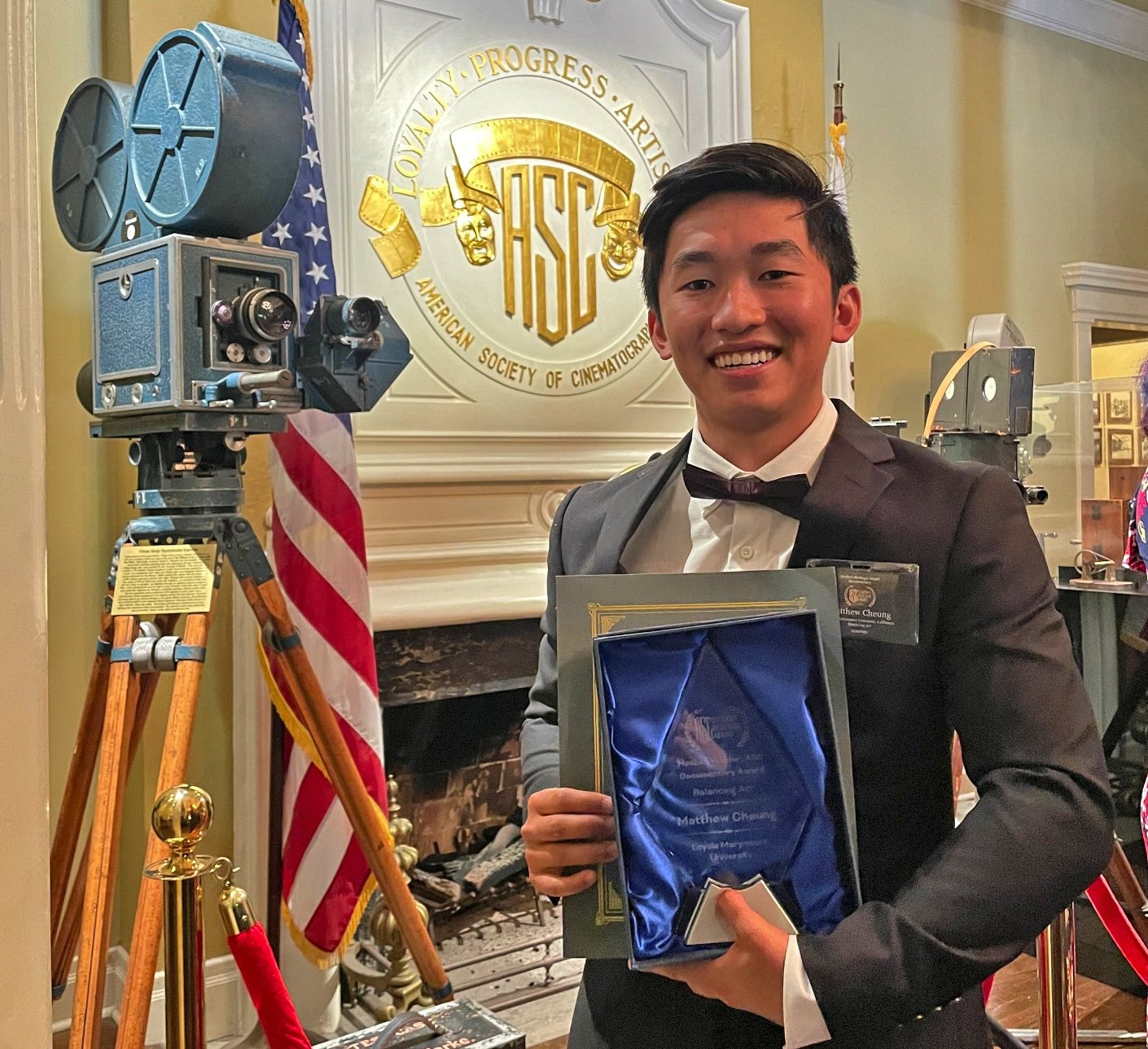
Each year, the ASC names its Student Heritage Awards in honor of departed Society members. Haskell Wexler was a groundbreaking cinematographer whose narrative works include Who’s Afraid of Virginia Woolf? (1966) and Bound for Glory
(1976), both of which won him Academy Awards for his outstanding camerawork. Renowned for his social consciousness as well as his cinematography, Wexler played a notable role in bringing documentary realism to mainstream cinema, most directly with his feature Medium Cool (1969). He continued to make documentaries throughout his career, including the Emmy-winning Paul Jacobs and the Nuclear Gang (1979) and the Academy Award-winning Interviews with My Lai Veterans (1970). Wexler received the ASC Lifetime Achievement Award in 1993 and passed away in 2015 at the age of 93.
Cheung’s short documentary A Balancing Act contrasts the comfortable home life and daring work life of slackliner Paulin, leading up to a highline show in his French Alps hometown. Making the film entirely by himself, Cheung reflects on the experience of being the director, cinematographer and editor for the visually stunning, verité documentary.
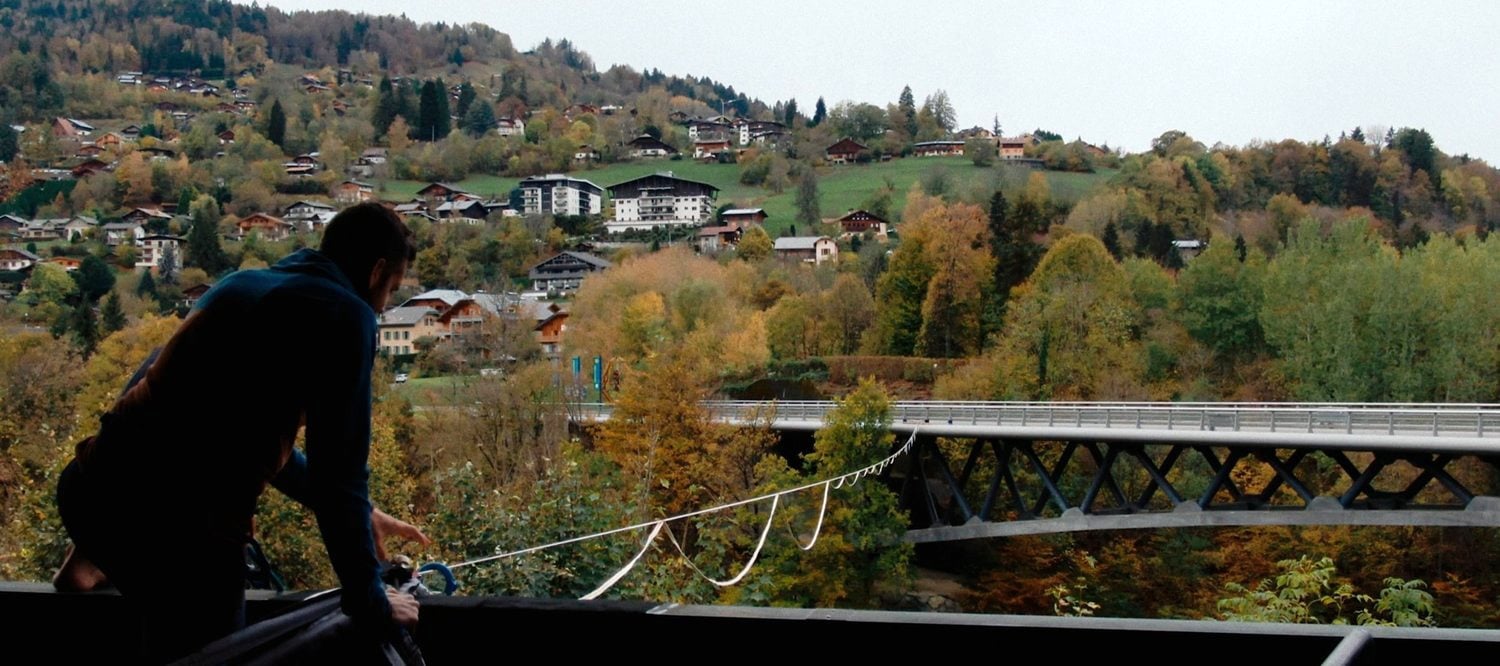
He found being a one-person team primarily a liberating experience, “I've been the cinematographer on a lot of documentaries where there's a director. It was a lot more freeing to be able to make my own decisions on the fly.”
Spending time with Paulin and creating a personal relationship with him over the course of two weeks, helped Cheung with this freedom: “He was open to anything because I was with him for so long. I was even able to have him pause and redo an action to shoot it from a different angle.” Using this advantage, Cheung captured the unique perspectives decorated throughout the film, including frame-within-a-frame shots.
However, managing coverage became a challenge for Cheung during the local Alpine town show — in which Paulin walks a highline from a bridge to a building. As he describes, “It was all me camera hopping. I was lucky because he takes a while on the line for the show. It was around 30 minutes, so I had the time to switch between different setups.”
As his primary camera, Cheung employed a Blackmagic Pocket Cinema Camera 6K paired with a Sigma lenses, a 18-35mm (which he used for most of the intimate scenes and wide shots) and a 150-600mm lens (which he used for the close-ups on the tightrope). Also used were a DJI Mavic Zoom drone (for aerials) and an Insta360 action camera (which Paulin held himself on the slackline).
Cheung used no on filtration, not even NDs: “I instead decided to shoot with a more stopped-down aperture, so we could see more of the background and be immersed in the environment.”
Throughout the live performance, Cheung switched quickly between these setups to get full, compelling coverage, but the use of the DJI drone stands out — showcasing the daunting depth of the walk. The filmmaker drew influence from the award-winning rock-climbing film Free Solo (2018), directed by Jimmy Chin and photographed by Chin, Mikey Schaefer, and Clair Popkin. In a key shot, the drone goes from eye-level to overhead, tilting down to reveal the subject’s distance from the ground.
Cheung’s other references include Ukrainian documentary The Hamlet Syndrome (2022) by Elwira Niewiera and Piotr Rosołowski, which inspired his verité-style filmmaking. The film follows a Ukrainian theater group as they prepare to stage a play in the midst of the ongoing war. Cheung saw the film at a documentary festival in Germany: “It was all cinéma vérité and observational filmmaking. When I was going into my film, I decided I wanted it to be filmed like a ‘fly-on-the-wall,’ just observing everything, and capturing all those moments. Then, later on in the editing process, bring it all together to make a story.”
Going into editing, Cheung found being the cinematographer and director conflicting: “I ended up with 30 or 40 hours of footage and had to condense it down to 10 minutes. Being the director and the cinematographer, it’s hard to cut all those moments, because there’s so many beautiful shots… especially when you’re in the French Alps.”
During the final color work, Cheung set out to strengthen the dichotomy between Paulin’s work and home life, creating two distinct worlds: “I tried to play with the warm and cool colors. When he’s on the line, the colors are a lot cooler. It feels scarier and he’s alone. When he is with his family, I made the colors a lot warmer.” He applied film emulation over the entirety of the short, which helped it stand out from many of the other digital adventure-sport documentaries of its kind.
Overall, Cheung found the process of making A Balancing Act a rewarding and educational experience and is incredibly grateful for the recognition his work received from the ASC. Today, Cheung has graduated from LMU and is working as a freelance cinematographer and filmmaker and continues to pursue the path of documentary filmmaking.
